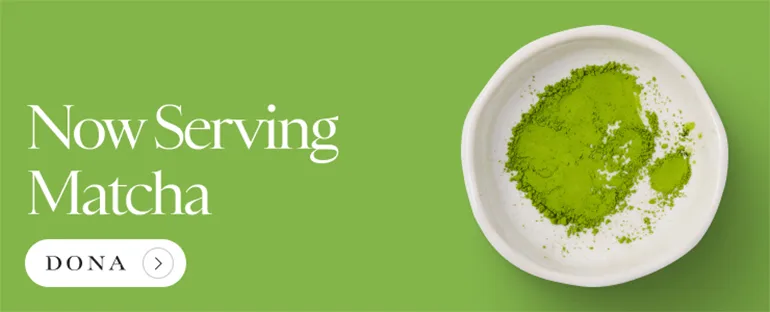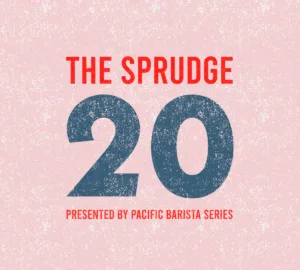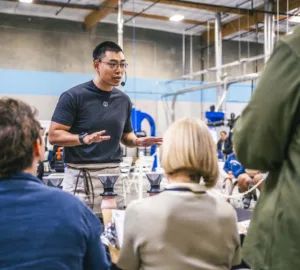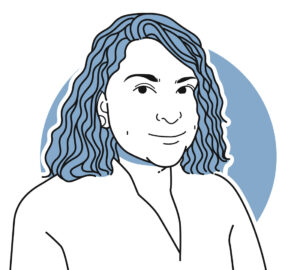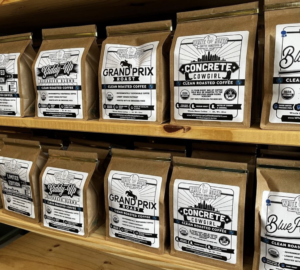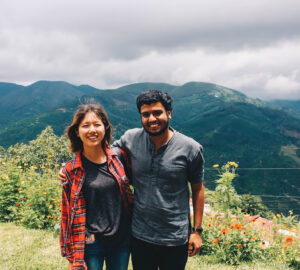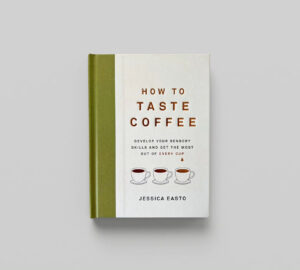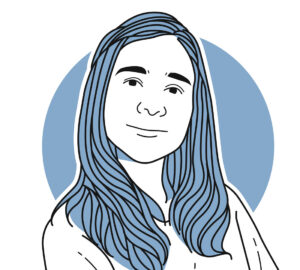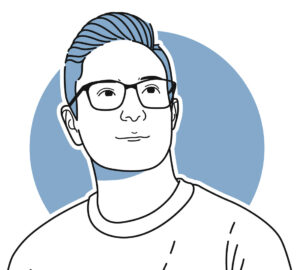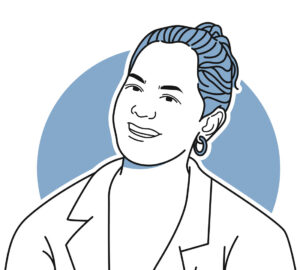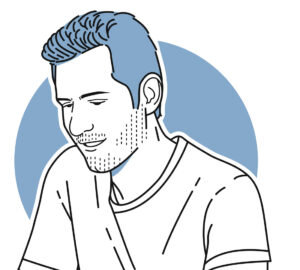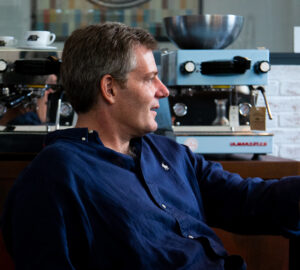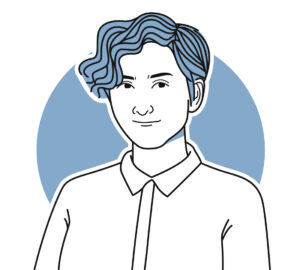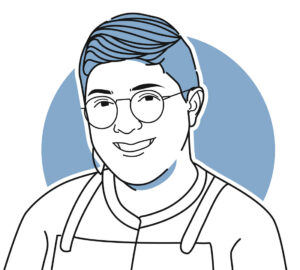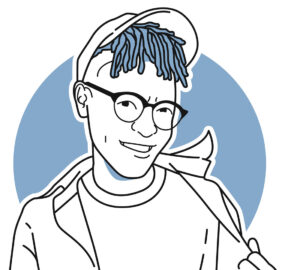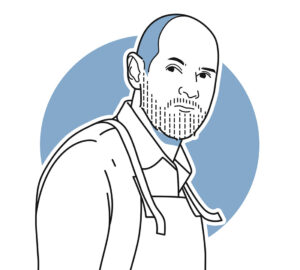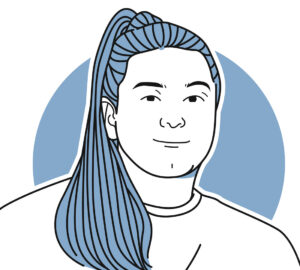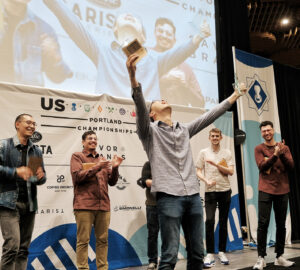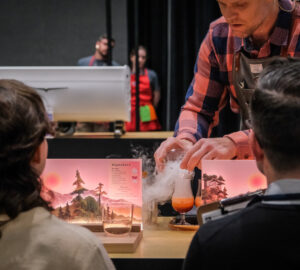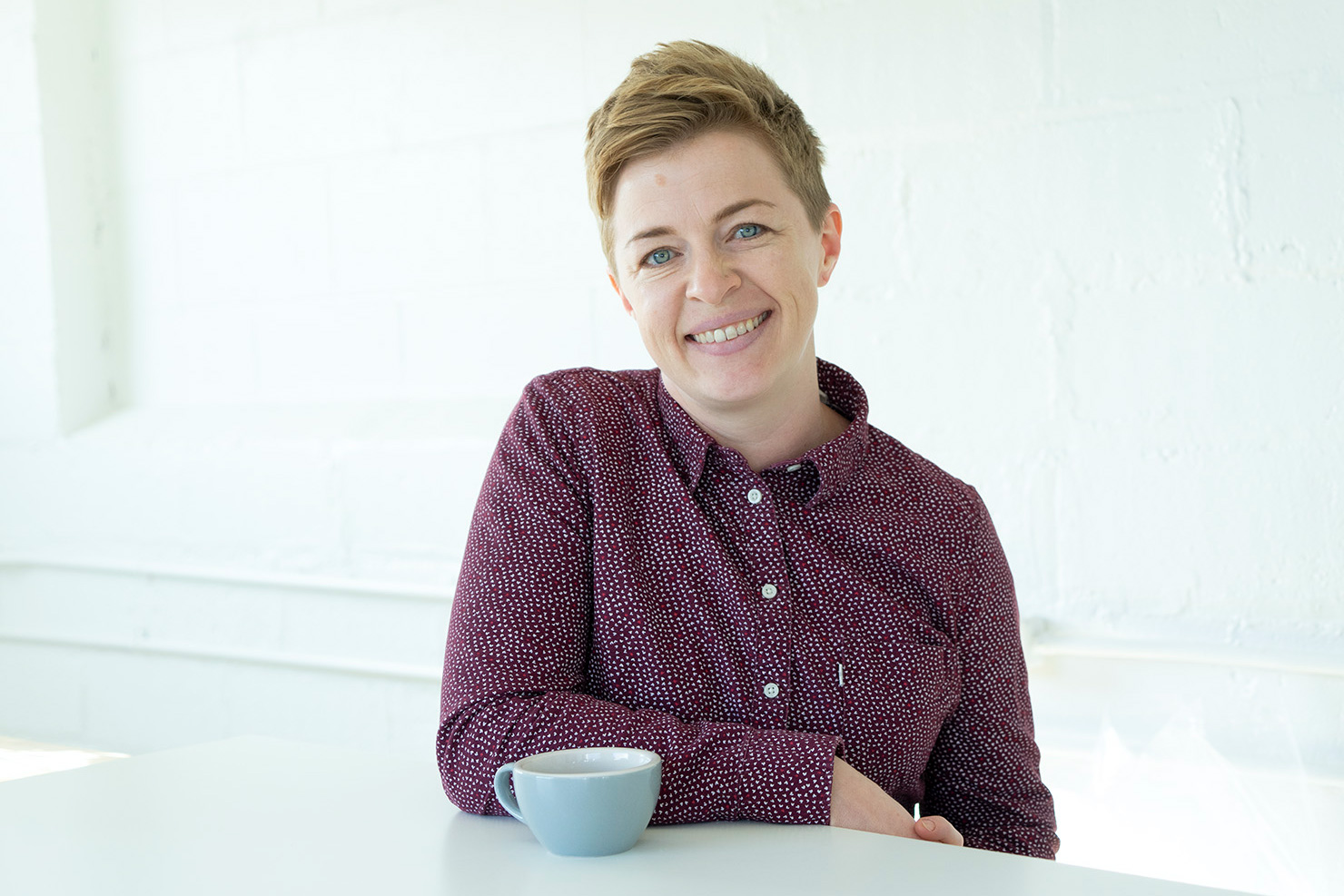
Welcome to The Sprudge Twenty Interviews presented by Pacific Barista Series. For a complete list of 2020 Sprudge Twenty honorees please visit sprudge.com/twenty.
“There are a plethora of wonderful head judges on the US Barista Competition Committee, but Lauren’s linguistic talents, when supporting her judging panels, is why she was the perfect person to lead us. Lauren has the wonderful ability to speak with articulate, complex, brevity yet makes the subject entertaining and digestible.
She displays compassion for all her judges, and empathy for all the competitors. She encourages us all to be better people, not just judges, through her unconscious bias training, and general demeanor… She is a specialty coffee role model, and professional inspiration, and thoroughly deserves the recognition that being featured in the Sprudge Twenty would provide.”
Nominated by Barnaby Holmes
What do you see as coffee’s role in the ongoing struggle for civil rights and racial equality?
I think we’ve realized during these past few months of civil unrest and revolution that no corner of our lives are untouched by inequality. I’ve had to identify how every aspect of my life is influenced by systemic racism. In my work as a coffee educator, a competition judge, an AST, and an employee of an equipment manufacturer, I see so many ways in which this industry works to elevate white voices and provide access, power, and financial opportunity to white folks. It’s everyone’s job now to fight for civil rights and racial equality—but it’s especially the responsibility of white people who have experienced privilege in these arenas to take a stand and demand change. We’ve all heard the narrative that it’s no longer enough to not be racist, that we have to be actively anti-racist. That work will look different for each of us. As far as coffee’s role, I don’t believe that coffee will solve anything on its own. It’s the people who work in the coffee industry who have work to do, specifically the people who are responsible for the gatekeeping in our industry. Looking for ways that we can provide access, jobs, training, sponsorship, and scholarship money to Black people in the coffee industry will have an immediate positive effect on the community as a whole.
What issue in coffee do you care about most?
Right now I’m concerned with access. Who gets to be considered a “professional” in our industry and what does that mean? I work as an instructor, so I tend to look at issues through the lens of education. Education and training has opened every door for me professionally and helped me get to where I am now, and I recognize that not everyone gets access to training like that. But it also matters who does the training and how they do it. It’s vital that we have the right people in those positions, because they will help shape what our industry looks like in the future. I think the way people are trained for a job will have a huge impact on how much they will enjoy it and how long they may stick with it. If training is fun, exciting, and empowering, you’re more likely to want to do that work. I think trainers need resources too, just as we provide resources for new cafe workers. Helping train the trainers and make them feel more like effective teachers and leaders has become a professional goal for me.
What cause or element in coffee drives you?
I’m driven by the desire to help people be better at whatever they love doing. Whether it’s making great coffee, serving people, being the first person to roast locally in their community, or even judging a barista competition. I want to help them feel like they can do that and be great at it.
What issue in coffee do you think is critically overlooked?
People need to be met where they are. I’ve been in coffee for 13 years, so I’ve been through a few phases: starting out with zero coffee knowledge and eventually learning just enough to be pretentious, then feeling embarrassed at how I thought I knew everything. It’s important to remember that not everyone is going to make coffee their career, and it may never become their passion. Everyone gets into coffee for a different reason and has a different goal, and people need to be flexible about their definition of “the correct way” to do every task. You can make great coffee without a scale. Most people aren’t using a burr grinder at home. The option to accept folks where they are and train them or work with them at that level is often overlooked.
What is the quality you like best about coffee?
The variety! There are so many points of entry. Coffee is something you can totally nerd out on, study for years, really get into the minutia of it. Or, you can just scoop it, brew it, and enjoy it. It’s a “choose your own adventure” type of thing.
Did you experience a life-changing moment of coffee revelation early in your career?
I wouldn’t call it life-changing, but I did have a revelation moment. In 2011 I attended my first competition, in Tacoma, Washington. A Pacific Northwest Regional (RIP). I was there to support some friends from my shop who were competing, and by support I mean sleep in their hotel room and hang out at the parties. But when I got to the competition, I looked around the room and I saw all these people who worked in coffee. Not just as baristas or store managers, which were the two positions I was familiar with, but people who were trainers, green buyers, people working in quality control and marketing. I realized that it was a bigger world than I thought it was and that I could stay in this industry and have more than one kind of job, that I could grow in it and make it an actual career. It’s when I realized that coffee didn’t have to be the thing I was doing until I figured something else out, it could be the thing I did—my profession.
What is your idea of coffee happiness?
A nice cup of drip coffee that I didn’t have to make. Or, what I’ve been craving more lately, is a great coffee or espresso served to me in a busy cafe. I think we’re all craving some of that sense of community, and being around others in a familiar place like a coffee shop would be really comforting.
If you could have any job in the coffee industry, what would it be and why?
I’m happiest when I’m teaching, so my job is pretty perfect. Some days, I miss working a morning rush, so if I could add an occasional guest shift to my routine I’d love that. I need a job where I get to be active and interacting with people.
Who are your coffee heroes?
Luckily, most of my heroes have become my friends. Rita Kaminsky is someone I met early in my coffee journey who made me feel like I was welcome and valued, she judged me as a competitor and then taught me to be a great judge, and I’ve watched her build her career and start something of her own which is remarkable. Maggie Davis, my former boss and current friend, is an inspiration in training and leadership because she does both with tremendous compassion and thoughtfulness.
If you could drink coffee with anyone, living or dead, who would it be and why?
In no particular order: Samin Nosrat, Anthony Bourdain, David and Amy Sedaris, Julia Child, my grandpa. The person reading this. Anyone who loves to talk and tell stories and appreciates great flavors.
If you didn’t work in coffee what do you think you’d be doing instead?
My parents wanted me to get an English degree and become a writer, so maybe that. I think if I weren’t in coffee I would still be doing something culinary, something related to food or beverage. Or maybe a physical therapist or personal coach, since that would still allow me to move, teach, and help people do things they love.
Do you have any coffee mentors?
Mike Strumpf, Nathanael May, and Mallory Roth mentored me as a judge in coffee and showed me how to be a great committee chairperson. At my first specialty coffee job, my boss Angela Gay supported me as an employee and competitor, and Paul Thornton invested in me professionally in a way that opened a lot of doors for me later on.
What do you wish someone would’ve told you when you were first starting out in coffee?
You will get to a point where you think you know everything, and that will mean that you have only just started and you don’t know anything. Spend more time listening.
Name three coffee apparatuses you couldn’t do without.
I feel like I could do without anything except the actual coffee, so whatever three things I need to make a cup for myself. I guess that’s a kettle, a filter, and a brewing device.
Best song to brew coffee to at the moment.
I listen to our local jazz or NPR station in the morning. I don’t like the pressure of choosing the right song, and I need to know what’s going on with the weather before I get on my bike.
Where do you see yourself in 2040?
Ideally, I’m living off grid somewhere beautiful with my wife, our pets, and a few other family members. We haven’t talked about the 2020 COVID-19 pandemic in many years, it feels like a distant memory because we now have an effective vaccine. But dreams aside, I really hope I’m still working and learning new things every day. I hope I’m still meeting people at the very beginning of their journey in coffee and feeling that excitement along with them. I hope I can help them do the thing they really want to do.
What’s your favorite coffee at the moment?
At the moment it’s the espresso I just finished. I’ve been working from home for the past two months and, as I write this, I’m finally back in the office today. I pulled myself a shot and it was delicious. It was intense but balanced, and it was different than what I’ve been drinking every day, so it was really nice. Before that espresso, I’ve been brewing a super sweet Colombia from Olympia Coffee Roasters at home that’s been great.
How has the COVID-19 pandemic impacted you personally and professionally?
I think for all of us it’s revealed how delicate our jobs and our industry is. I’ve always had this idea that coffee was a constant and that there would always be a need for it, as well as a need for the community that’s built around it. I’ve seen that community devastated over the past few weeks and it’s become clear that although the need will always be there, the infrastructure and support is vital to its survival. It’s shown me that nothing is guaranteed and we can’t take anything for granted. For me personally, I was able to transition to working from home and for the most part, I continued to do my job with only a few adjustments professionally, so I’ve felt incredibly lucky. But I’ve seen friends lose their jobs or close their shops and I’ve felt the collective heartbreak that we’ve all experienced due to those losses. Nothing will be the same after this year, and I think there’s some freedom in that notion. I think we will all value our relationships more, and hopefully be more present and grateful for experiences like travel, a communal meal, and stability in our lives.
Are there any activists, authors, public speakers, or experts you’d like to encourage our readers to engage with?
Within the coffee community, I owe a debt of gratitude to the Black Coffee Professionals who have been spending their time and emotional labor sharing their own stories and calling on others for support and action. Michelle Johnson, Tymika Lawrence, D’Onna Stubblefield, and Kristina Jackson have done more work for our industry than we deserve and should be recognized and compensated for it. Another voice that I have been following and engaging with online has been Rachel Cargle (@rachel.cargle on IG), who shares a ton of knowledge and provides a lot of important historical context for issues that Black people face in our country.
My other hobbies and interests are in food (cooking, dining, and food writing), and the outdoors (climbing and hiking) and both of those communities have members working to call out racism, sexism, and homophobia in their ranks. In the food world, we are lucky to have the voice of Klancy Miller (@KlancyCooks on IG). Melise Marie (@meliseymo on IG) is a Black female climber who is highlighting the racism that’s present in the climbing community. I’m so thankful for all of the teaching that they’re doing right now.
Is there any donation fund or resource in your community we can share with our readers?
Lots of kids across the country are missing school lunches, so https://www.nokidhungry.org/ is a great place to donate. Additionally, The Okra Project is working to provide home-cooked meals to the Black Trans community https://www.theokraproject.com/.
Thank you.
The Sprudge Twenty Interviews are presented in partnership by Sprudge & Pacific Barista Series. For a complete list of 2020 Sprudge Twenty honorees and a complete interview archive, please visit sprudge.com/twenty.













